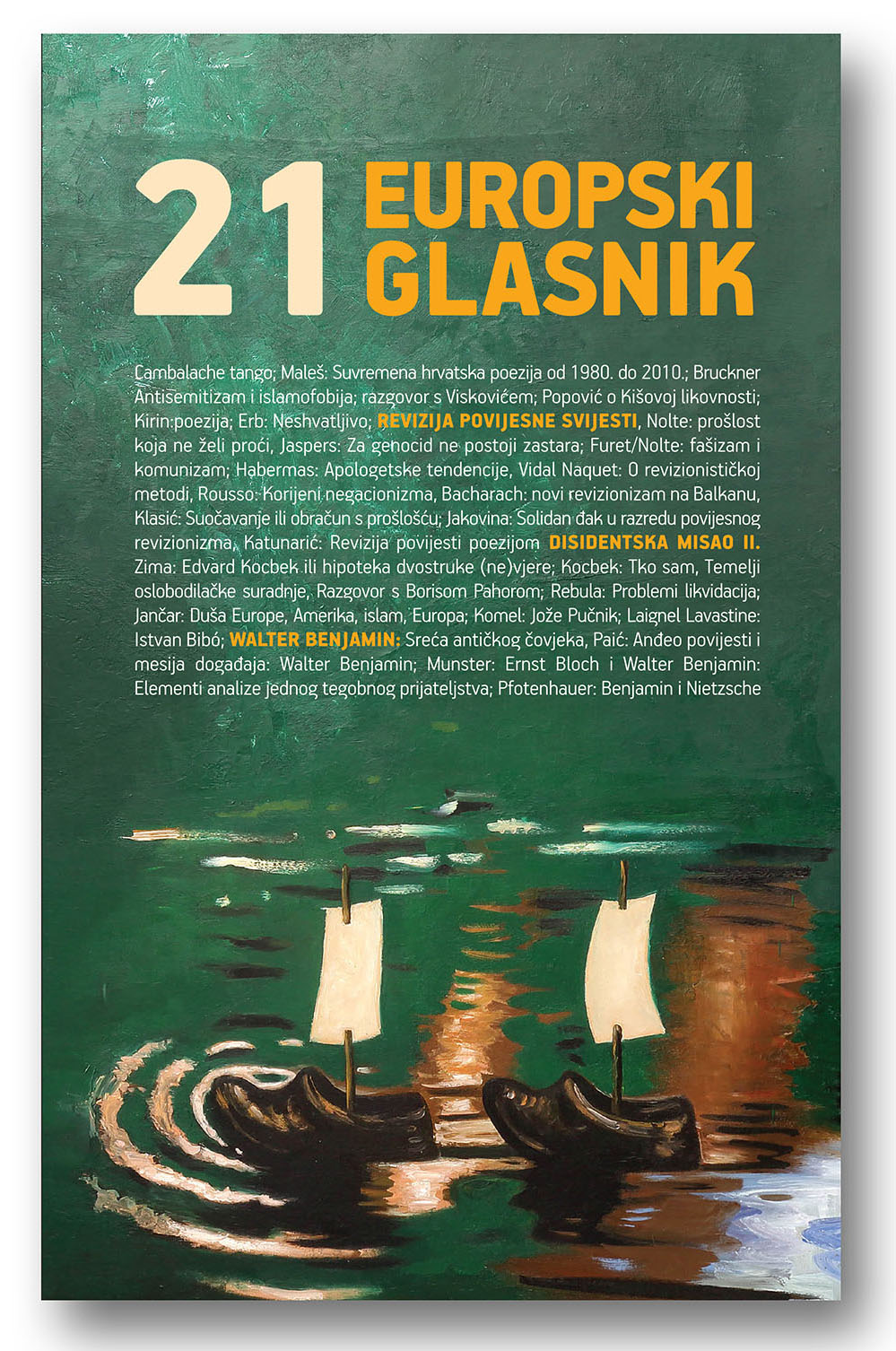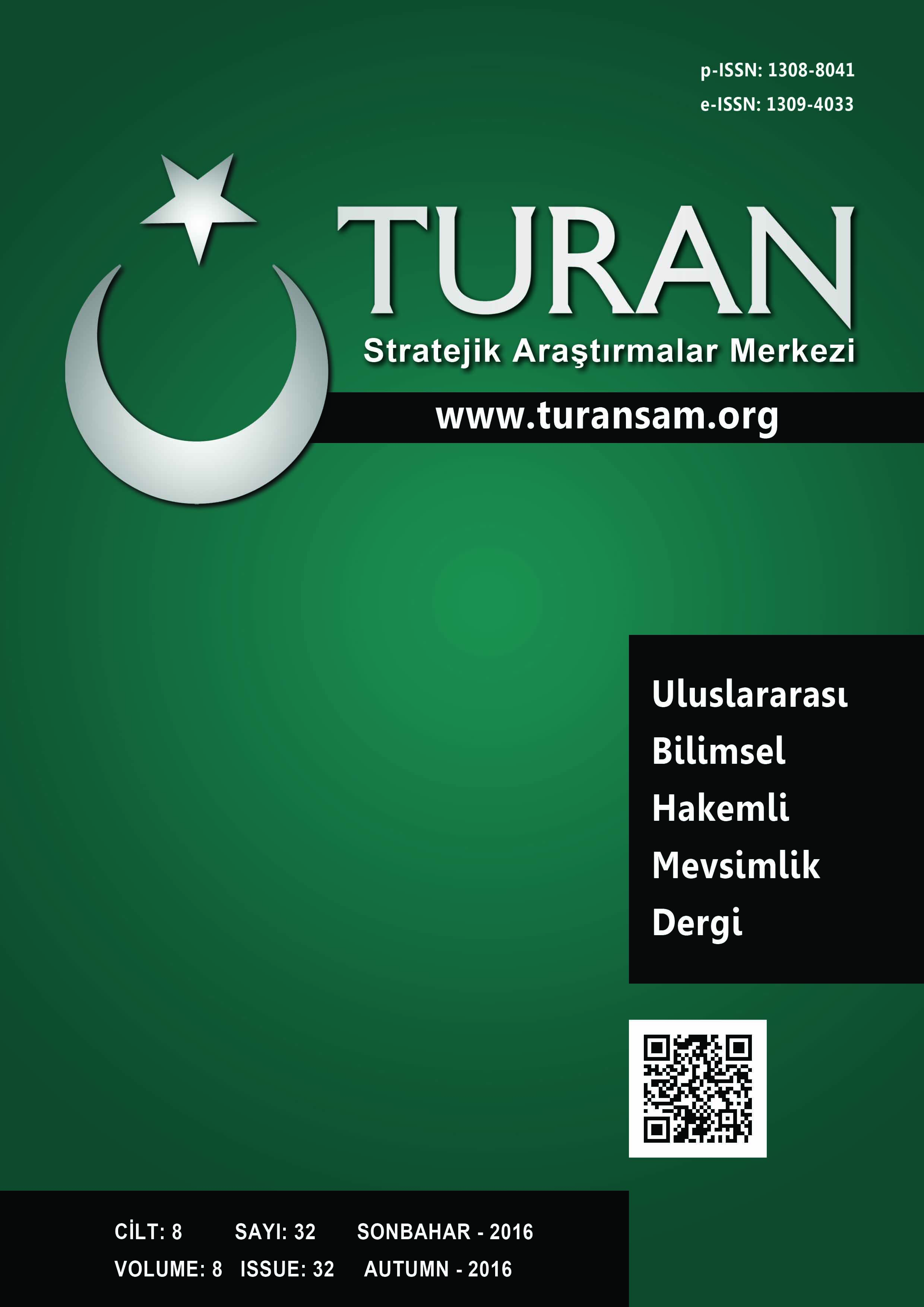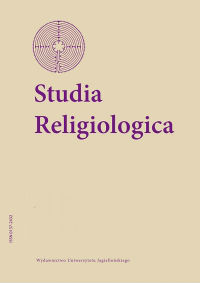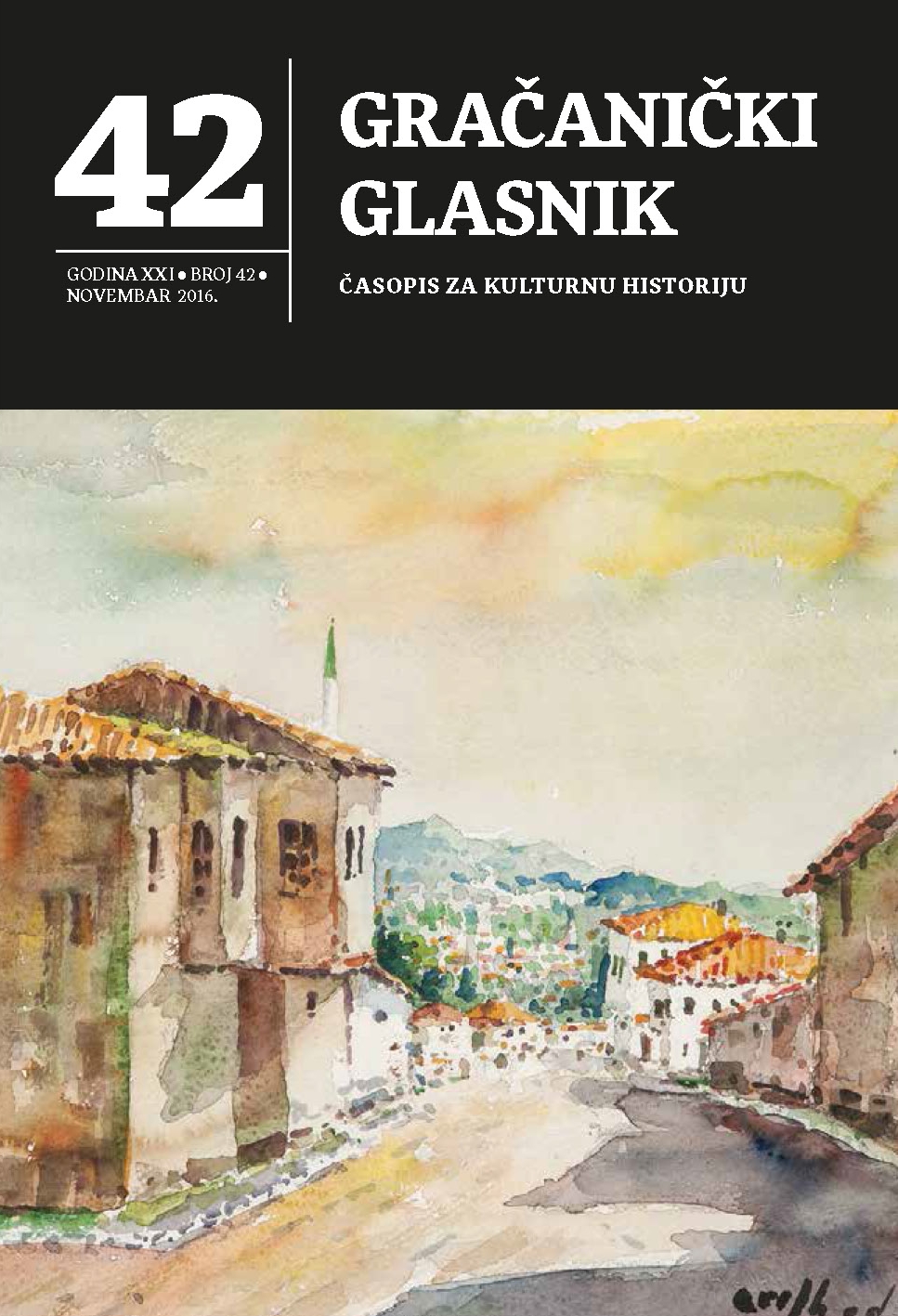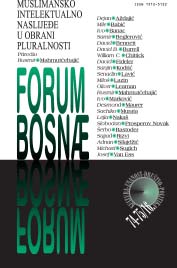
Zloporaba religija u nasilnim ideologijama
Kao muslimane potičemo vas i pozivamo da uđete u džihad protiv američkih i izraelskih okupatora. To su pothvati koje poduzimamo kao religioznu obvezu. Svevišnji Allah nam je zapovjedio u mnogim ajetima Kur’ana da se borimo na Njegovu putu i da potičemo vjernike da čine tako. Među tim riječima su i ove: “Borite se na Allahovu putu, vi ste odgovorni samo za sebe, i potičite vjernike, Allah će obuzdati moć otpadnika, Allah je jači i u moći snažan kada dosuđuje kazne.” Zakleli smo se Allahu da ćemo nastaviti borbu dokle god kola krv u našim venama i dokle naše oči vide i molimo Allaha da nas čuje i usliša do naše pobjede, nas i sve muslimane.1
More...
